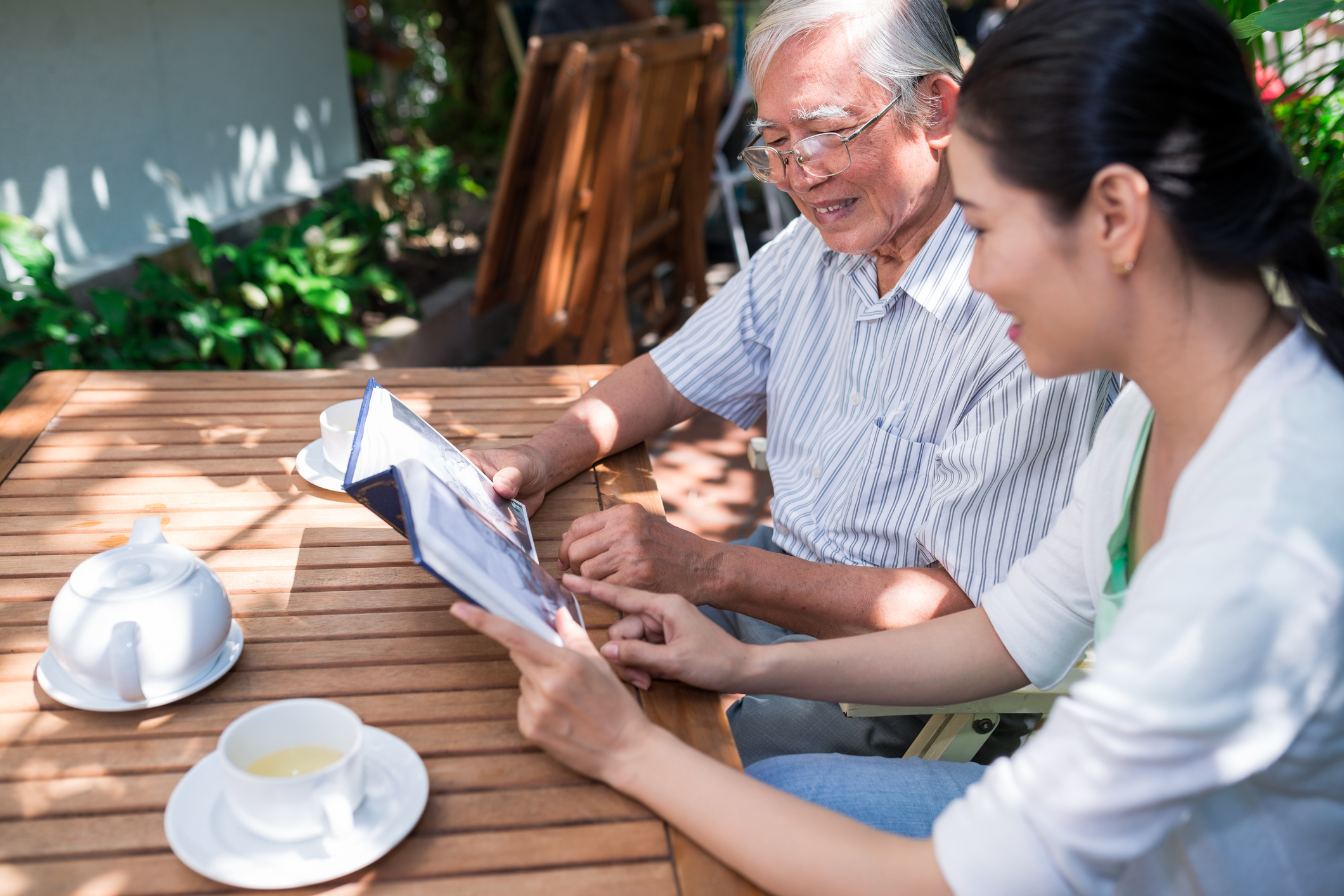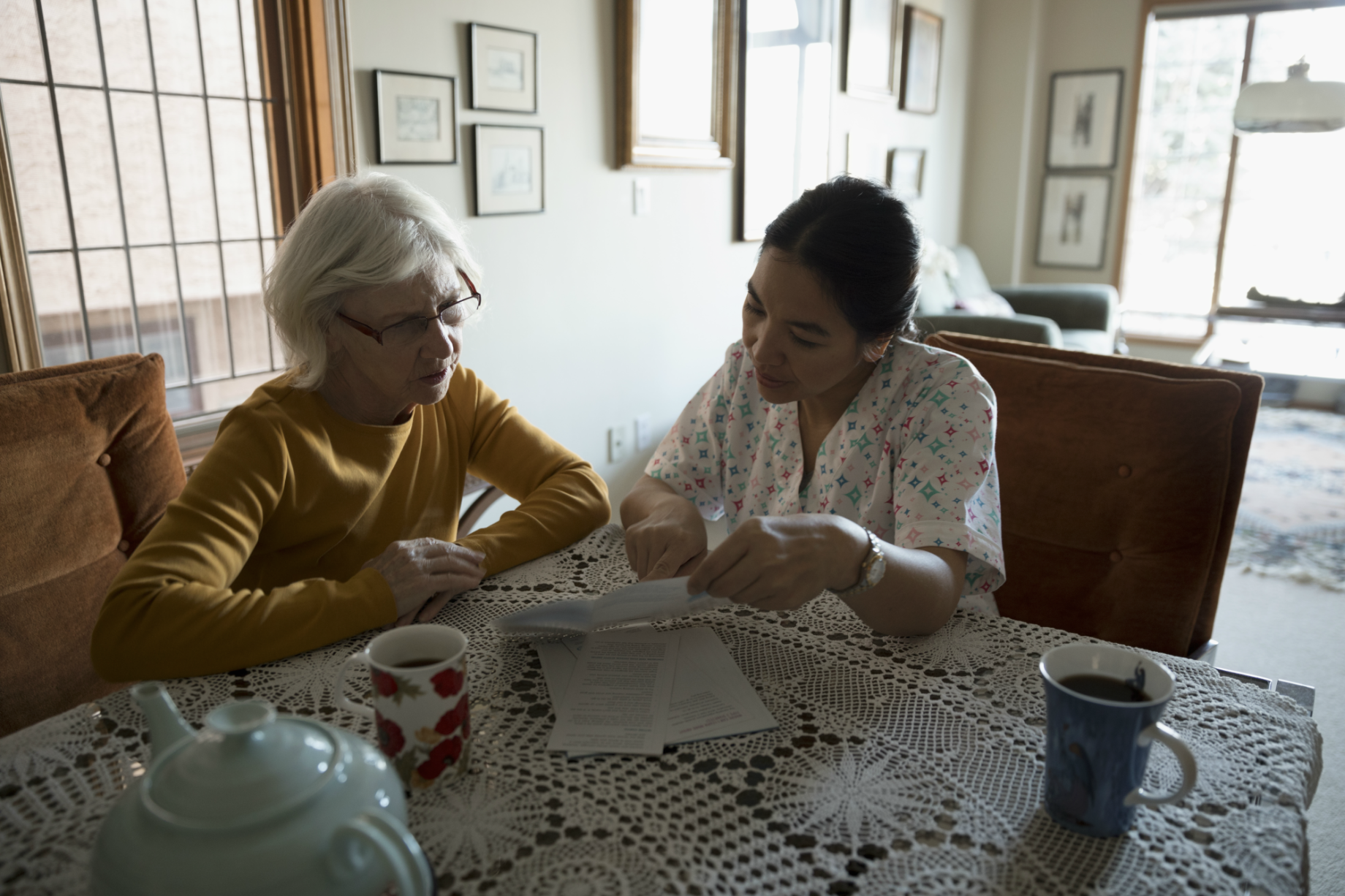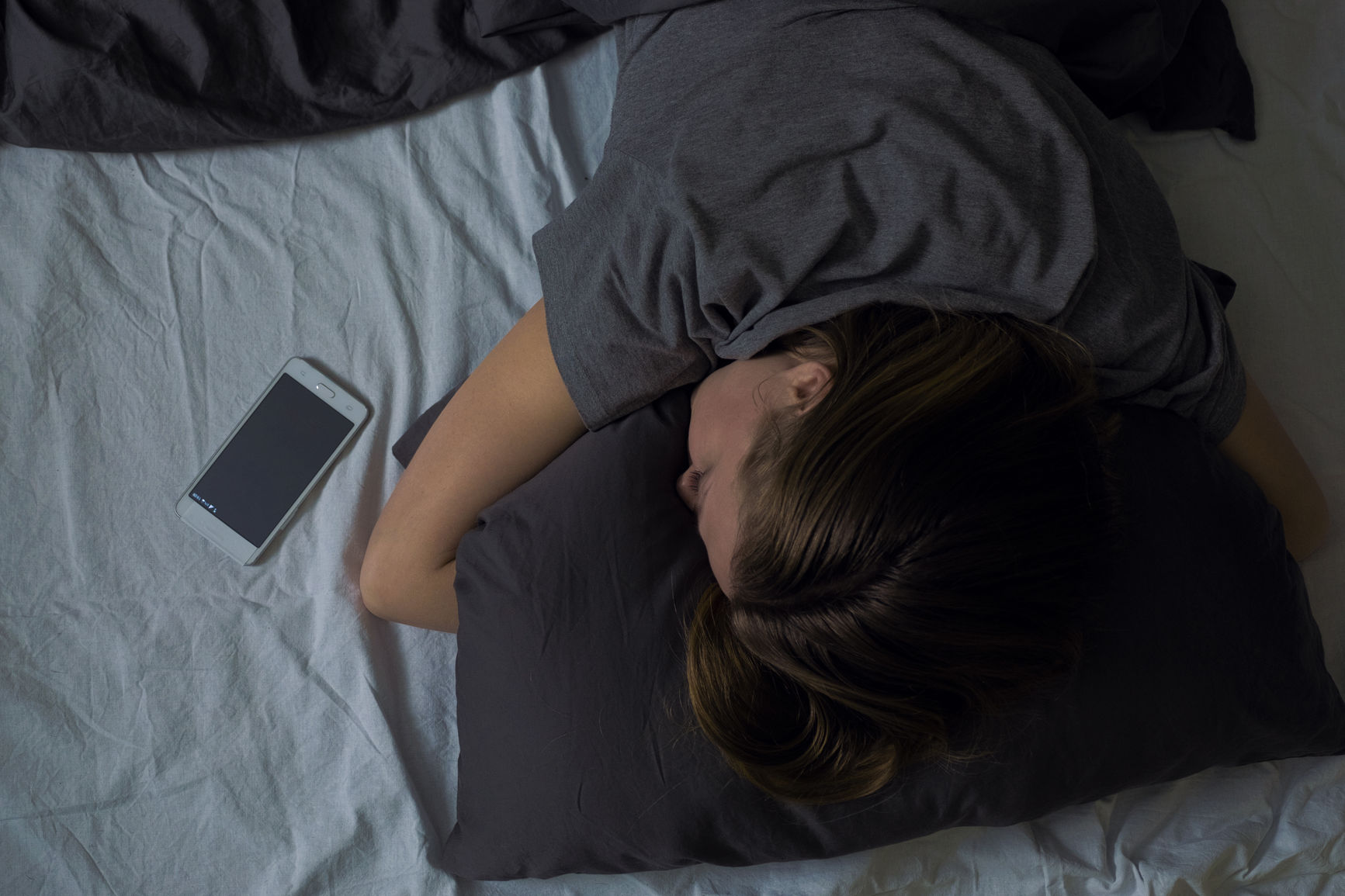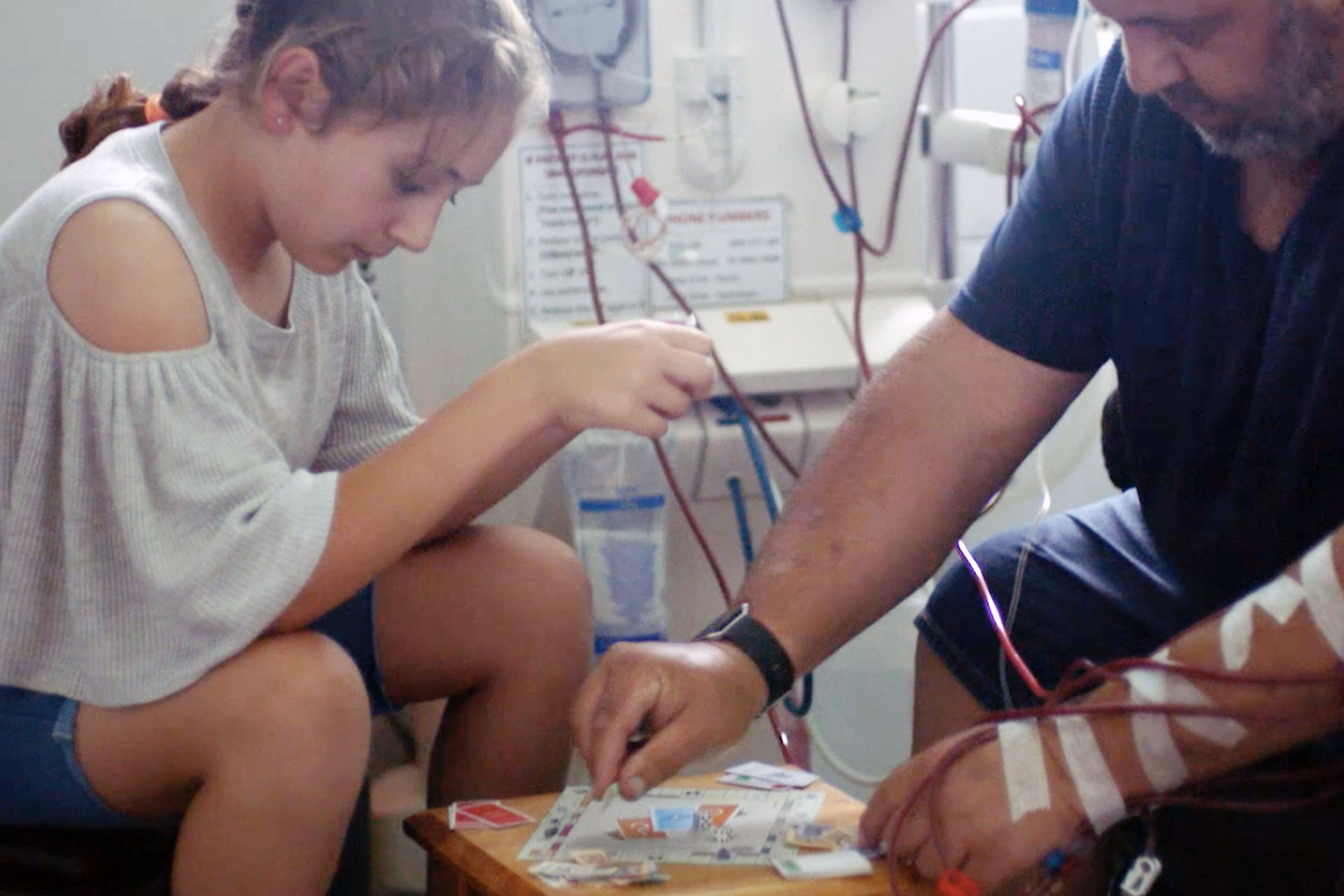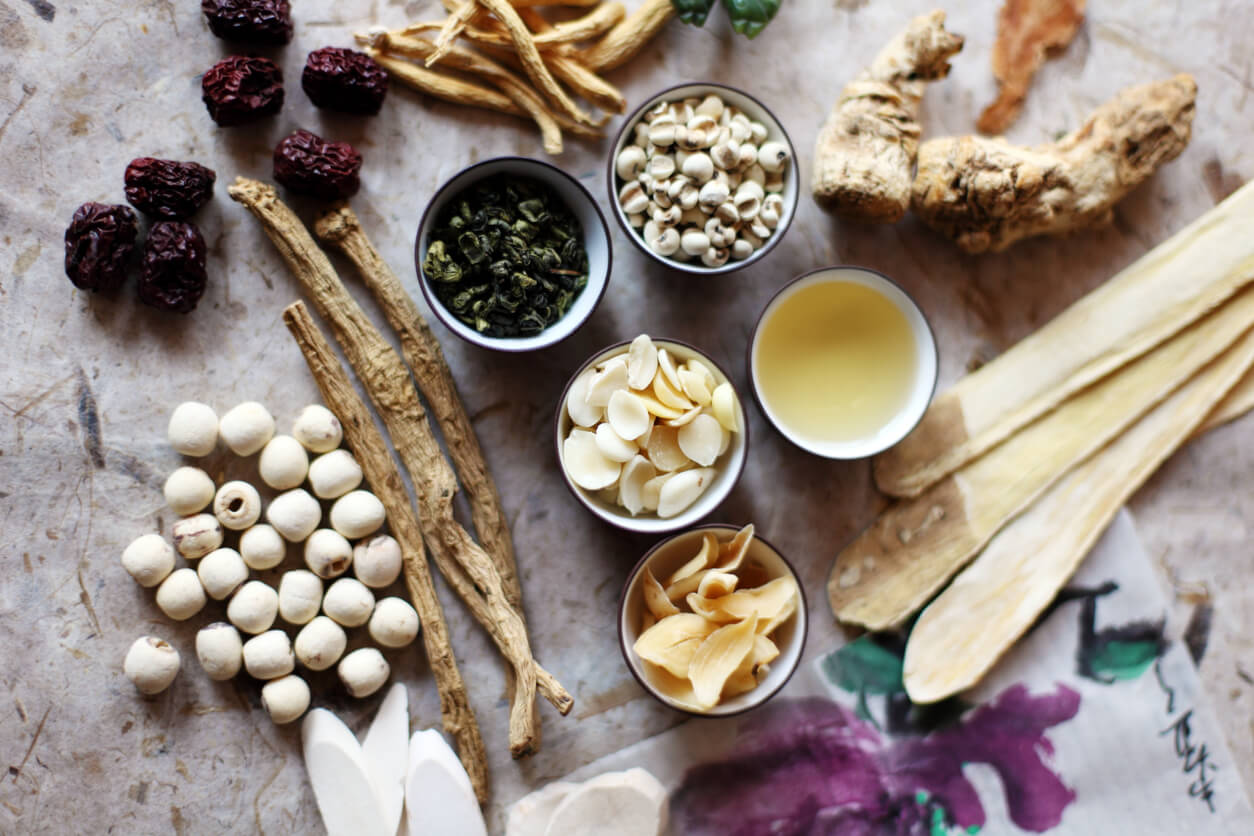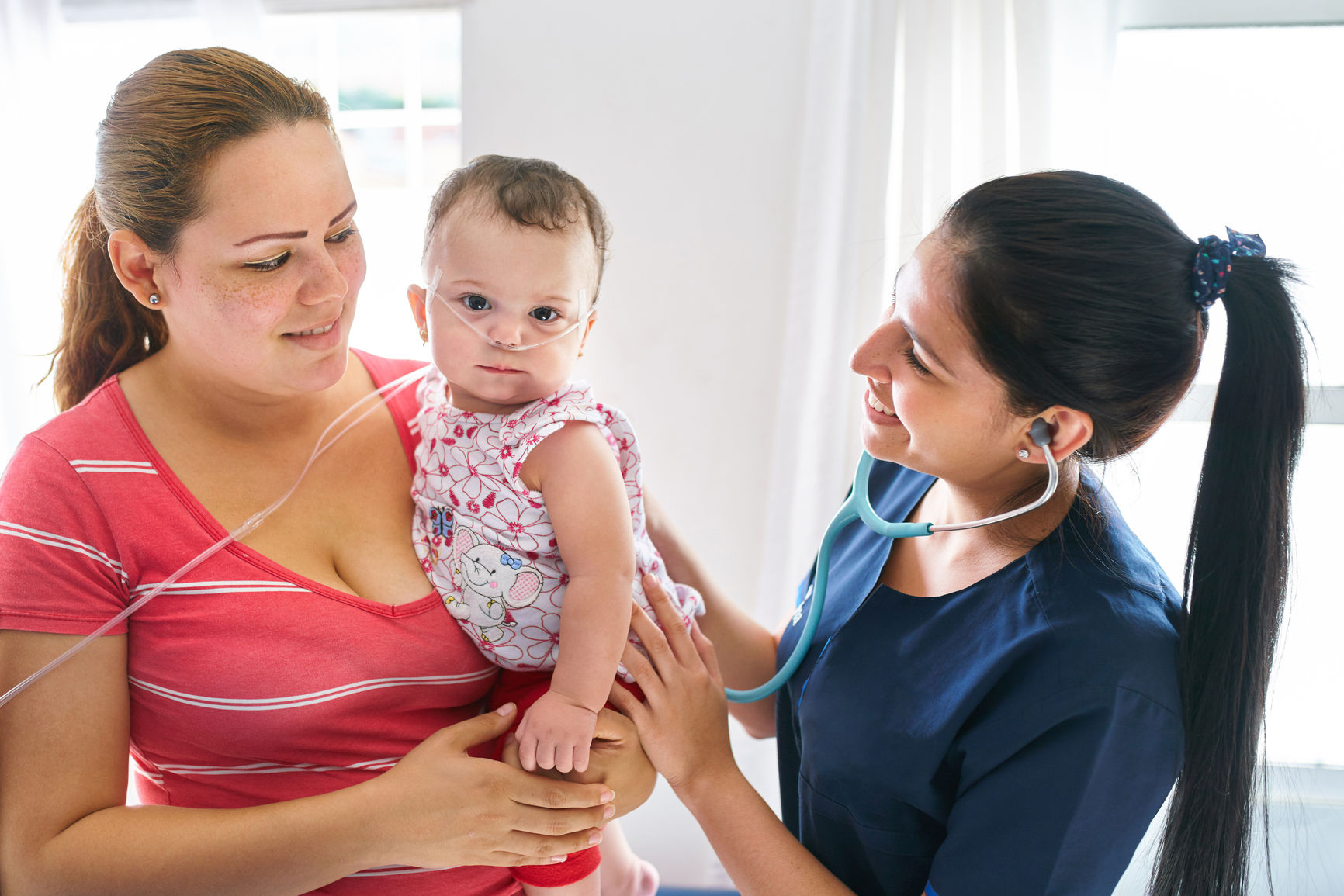-
Are you watching the big Three-O creep closer? Or maybe you’re already in the thick of it. They say turning 30 brings about several changes to our bodies, but what exactly does that mean?
Here are some of the physical transitions that start to happen after this milestone birthday - and what, if anything, we can do about them.
Muscle break down
If you’re fantasising about that hot bod, you better hit the gym STAT. Muscle mass is constantly being built up and broken down in your body, but by the time we hit our 30s, breakdown becomes greater than build-up. From now onwards, you will start losing 3-8% of muscle mass per decade. To keep that svelte physique you’ve worked so hard for, try to consume a moderate amount of quality protein with each meal, and make sure you eat in close proximity to exercise to stay in the best shape.
Wrinkles, or “smile lines” if you prefer
We all know they’ll appear at some point, unless you’re blessed with Kardashian genes, your skin will start feeling dull and tired. While the first visible signs of wrinkling are likely due to sun exposure, they’re still a sign of what’s to come. As we hit our 30s our skin cell renewal process is starting to slow down. Changes might be minimal at first but will slowly start progressing. Remember to be sensible about sun exposure, and moisturise regularly to keep your skin youthful and healthy.
Hair loss
Not everyone will experience hair loss, so don’t go buying toupees just yet. But if you are going to lose your luscious locks, they will probably start to go sometime in your 30s. Hair loss usually starts with thinning hair or a receding hairline and affects up to 30 per cent of men over 30 years and up to half of all white men by the age of 50. Is there still hope? It seems age-related hair loss is difficult to reverse, but there are some treatments that may slow hair loss, and even produce partial regrowth.
Your maximum heart rate is slowing down
This is a big one. Researchers have found that the average man’s maximum attainable heart rate declines by about one beat per minute, per year. And the heart’s peak capacity to pump blood lessens by 5-10% per decade. Add that to increasing cholesterol levels and there’s cause for concern. Even a slightly high cholesterol level in your mid 30s can have long-term impacts on your heart health. Your diet and exercise in your 20s, 30s and 40s lay the foundation for your health in later life, with every decade of high cholesterol increasing your chances of heart disease. Try to eat a well balanced diet, keep your fat intake low, and swap butter for olive oil. Remember to always check with your GP if you have any concerns.
Decreased fertility
If you’ve been anywhere near a newspaper or social media in the last decade you know that, compared to previous generations, GenY is taking it a bit slower when it comes to reproduction. These days it's common to have children later than your parents or grandparents did, but keep in mind that if you want to have kids, your fertility starts decreasing in your early 30s and the risk of complications during pregnancy increases with age too.
How to prepare for 30
It might sound like it’s all downhill from here, but it’s really not - you still have some of the best days ahead of you. One of the best things about getting older is getting comfortable in your own skin. Remember how confusing and scary your 20s were sometimes? Soon you’ll hopefully start feeling more settled in your job, your relationships and your self-confidence.
In fact, researchers have found that your personality doesn’t really change much past your 30s. If you’re assertive and cheerful today, you’ll probably be assertive and cheerful in your 80s too! While it might seem like a whole lot is happening in your body as you get older, it’s nice to know that your personality remains the same.
If you are on the verge of 30, give yourself a birthday present, and treat yourself to good health cover. Ask anyone older than you and they’ll tell you that investing in your health is the smartest investment you’ll ever make.
Private health insurance may help to keep the costs down for any treatment you might need in future. And while you’re still young(ish) now is also the cheapest time to consider it. For every year you don’t have private health insurance following your 31st birthday, you’ll have to pay 2% more once you do decide to get it. So for example, if you decide to take out private health insurance for the first time when you’re 40, you will pay 20% more for your premium for the next ten years.
Do your aging self a favour with a simple, flexible health insurance policy. Whether you want cover for a wide range of extras like physio, dental, chiro and optical, or a little more with a hospital cover that suits your needs, Medibank has got you covered. Find out more.
What really happens to your body when you turn 30

-
Innovating for members living with chronic disease
Medibank is supporting our members living with chronic diseases such as heart disease, arthritis, and diabetes, through our CareComplete programs.
-
Medibank’s palliative care at home trial
Giving our customers choice in where they would like to receive their end-of-life care can provide dignity, privacy and help them retain control over the care they receive.
-
How your phone habits affect your sleep
And what it means for your mental health, hormones and more.
-
Medibank trialling haemodialysis at home
Giving members with chronic kidney disease more choice
-
The origins of western and eastern medicine
Two schools of thought explained
-
Almost half of hospital patients are looking for more support
Find out how Medibank is helping.
Subscribe to receive the best from Live Better every week. Healthy recipes, exercise tips and activities, offers and promotions – everything to help you eat, move and feel better.
By clicking sign up I understand and agree to Medibank's privacy policy

